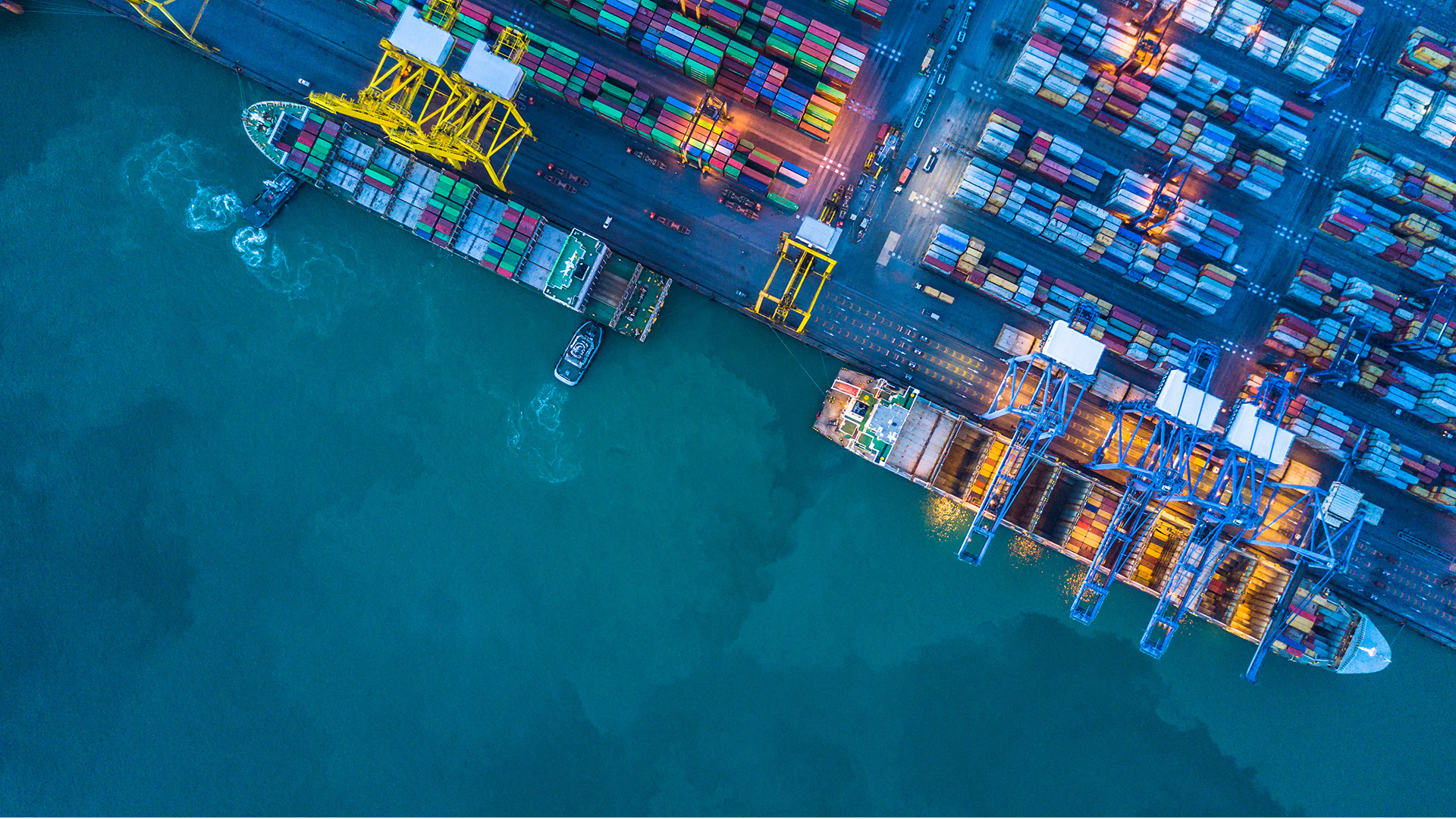In response to the government’s commitment to reduce harmful emissions in line with global frameworks, the Marine Pollution (Prevention of Pollution from Ships) Amendment Bill 2019 has been published for comment. The Bill is designed to amend the Marine Pollution (Prevention of Pollution from Ships) Act of 1986 so as to give effect to Annex IV of the 1973 MARPOL Convention and to incorporate the 1997 Protocol into that Convention to give effect to Annex VI.
Annex IV to the Convention incorporates regulations for the prevention of pollution by sewage from ships. The Regulations apply to new ships of over 400 tons and, five years after date of entry into force, to existing ships of over 400 tons. The Regulations set out details with regard to surveys and certification of ships, the certificates issued under the Annex and require sewage treatment plants to prevent the discharge of raw sewage from ships into the ocean. Ironically, this comes at a time when raw sewage is routinely and legally pumped into South Africa’s oceans by land based sewage systems.
The Regulations also require party states to provide land based reception facilities for sewage in ports and place an obligation on the South African Maritime Safety Authority to exercise control over ships and their sewage systems in our waters.
The vast majority of ships already comply with the sewage Regulations and accordingly this aspect of the Bill will have little effect on shipowners and operators in South African waters.
MARPOL Annex VI which was first adopted in 1997, limits the main air pollutants contained in ship’s exhaust gasses including sulphur oxides (SOx) and nitrous oxides (NOx) and prohibits deliberate emission of ozone depleting substances while also regulating ship board incineration and the emission of volatile organic compounds from tankers. The first version of this annexure came into effect in 2005, but was widely amended and updated in the version that entered into force on 1 July 2010. This version provides a progressive reduction globally in emissions of SOx and NOx and particulate matter and introduces emission control areas in parts of the world where more stringent standards apply.
The annexure provides for the global sulphur limit in fuels to be reduced from 3.5% to 0.5% with effect from 1 January 2020.
The annexure sets out in great detail the technical requirements for ships to ensure that they comply with the Regulations. They apply to both new and existing ships and introduce International Energy Efficiency Certificates (IEECs) for all ships over 400 tons and require ship owners to report fuel oil consumption. The IEECs are designed to determine a baseline for existing emissions and energy use in order to measure compliance with targeted reductions of 30% by 1 January 2025 for most vessels involved in international trade.
The annexure provides for different tiers which phase in stricter compliance with the Regulations by more and more ships as time passes. Engines on existing ships can comply with the required reduction up to about 2030 by switching to low sulphur fuel and then reducing their speed, but after 2030 would have to switch to alternative greener fuel sources such as LNG, hydrogen and wind in order to achieve the required reduction in emissions. This in turn means that they will have to fit new power plants in order to keep trading.
Current indications with existing alternatives are that it will simply not be financially viable for existing ships to trade beyond 2030 unless they have extremely long lifespans such as those seen in passenger, research, salvage and other specialised ships. Some experts predict that the only current viable long term solution is to have nuclear powered ships, but this will change as other options are developed and alternative fuel supplies are developed.
The Bill aligns South African with the majority of the world’s maritime nations and reflects our commitment to the world’s need to reduce greenhouse gas emissions from ships and other sources.



